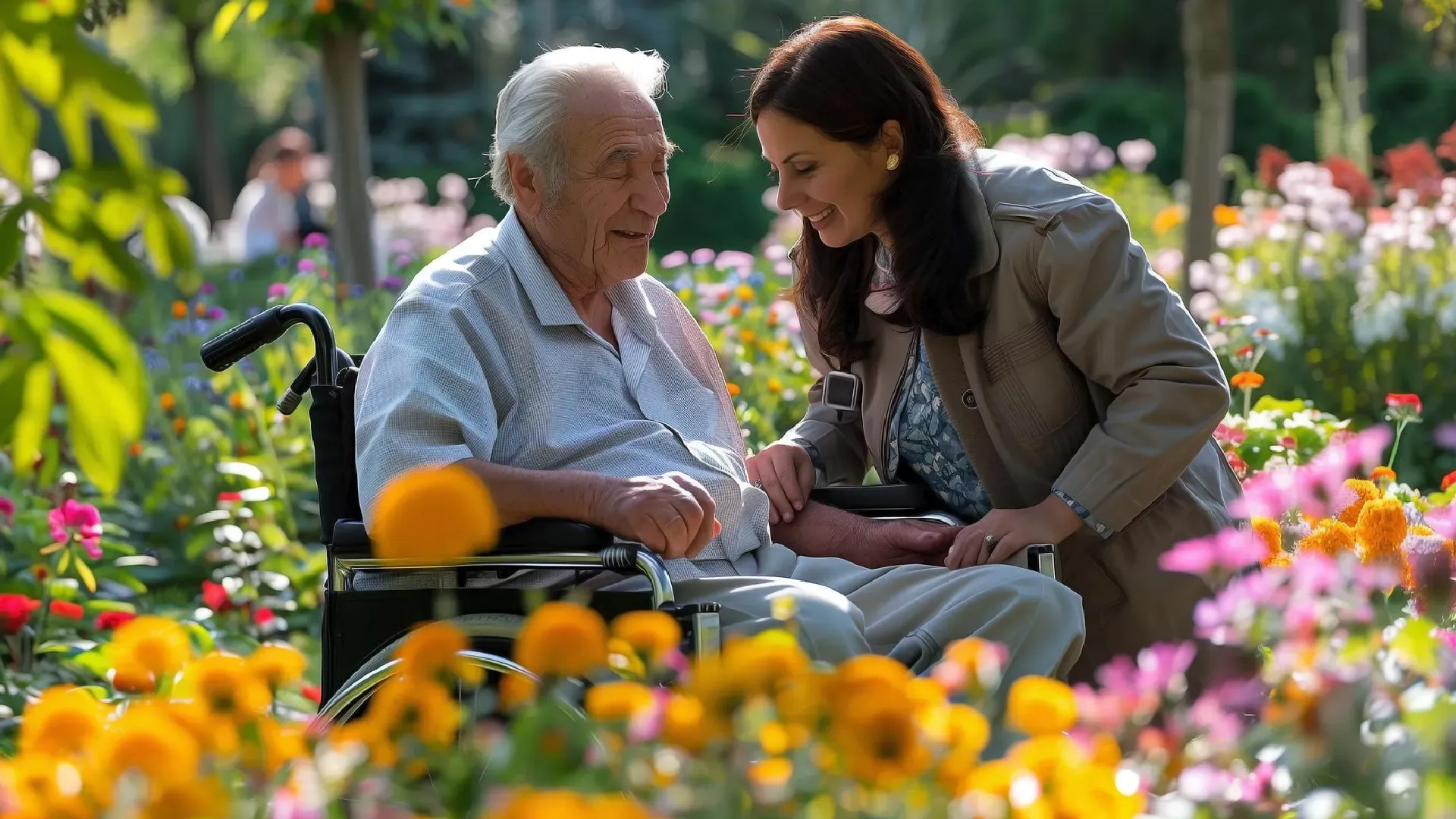Supporting Mental Health and Well-being in Aged Care
A Comprehensive Guide
In the realm of aged care, ensuring the mental health and well-being of seniors is paramount. With the ageing population on the rise globally, it's crucial to provide holistic support that addresses both physical and mental health needs. In this article, we delve into effective strategies and practices for supporting mental health and well-being in aged care facilities.
Understanding the Importance of Mental Health in Aged Care:
Older adults often face unique challenges that can impact their mental health, such as loneliness, loss of independence, chronic illness, and cognitive decline. Neglecting mental health can lead to various issues like depression, anxiety, and social isolation, which can significantly affect one's quality of life.
Key Strategies for Supporting Mental Health and Well-being:
- Promoting Social Connections:
- Encourage social activities and group interactions to foster a sense of belonging and reduce isolation.
- Organise outings, game nights, and hobby groups to encourage socialisation among residents.
- Facilitate family visits and maintain open communication channels to strengthen relationships with loved ones.
- Providing Emotional Support:
- Offer counselling services and support groups to address emotional concerns and provide a safe space for residents to express their feelings.
- Train staff members to recognize signs of distress and provide empathetic support when needed.
- Implement relaxation techniques such as meditation and gentle exercise to reduce stress and promote emotional well-being.
- Ensuring Physical Well-being:
- Prioritise proper nutrition and hydration to support overall health and cognitive function.
- Incorporate regular physical activity tailored to the residents' abilities, such as chair exercises, walking groups, or yoga classes.
- Maintain a comfortable and safe environment to prevent accidents and promote mobility.
- Encouraging Cognitive Stimulation:
- Offer cognitive games, puzzles, and memory exercises to keep the mind sharp and engaged.
- Provide access to books, music, and educational programs to stimulate mental faculties and foster a sense of accomplishment.
- Incorporate reminiscence therapy to evoke positive memories and encourage social interaction among residents.
- Collaborating with Mental Health Professionals:
- Partner with psychologists, psychiatrists, and geriatric specialists to provide comprehensive mental health care.
- Conduct regular assessments to identify residents at risk of mental health issues and intervene early.
- Implement personalised care plans tailored to each resident's unique needs and preferences.
Supporting the mental health and well-being of seniors in aged care facilities requires a multifaceted approach that addresses their unique needs and challenges. We can create an environment that fosters happiness, fulfilment, and resilience among older adults by promoting social connections, providing emotional support, ensuring physical well-being, encouraging cognitive stimulation, and collaborating with mental health professionals. Prioritising mental health not only enhances the quality of life for seniors but also contributes to a more compassionate and inclusive society.











